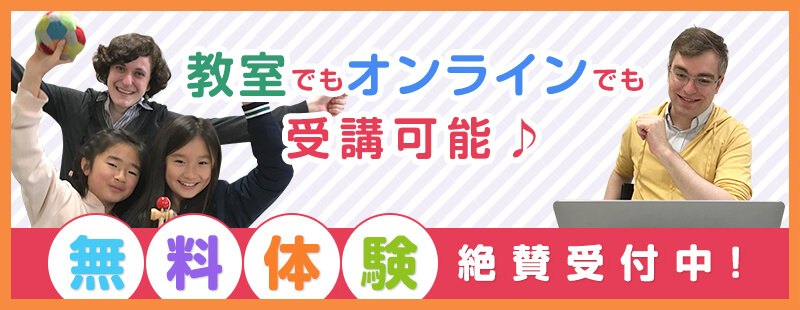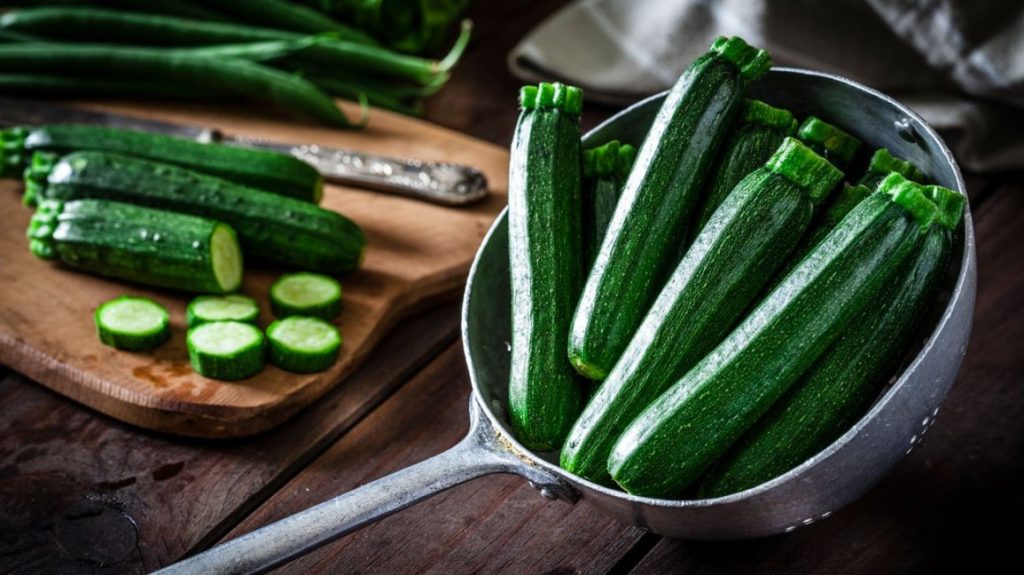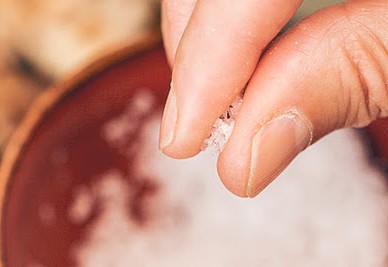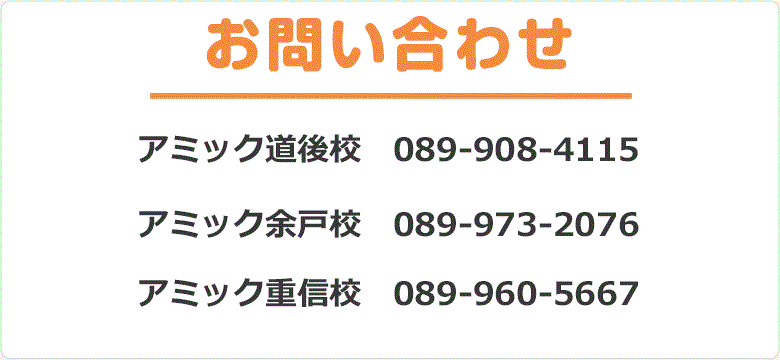月別アーカイブ:2020年1月
Bad Luck Years 英会話・英語 アミック
This Sunday I will be going to Kagawa Prefecture for the first time ever to visit Kompirasan. This occasion will be a bit more of an event than the average sightseeing visit though. I will be traveling there with my wife and her parents to have what is known as a yakubarai ritual performed for my wife. This ceremonial cleansing from evil influence and bad luck (I’ve also seen “exorcism” as a possible translation for extra theatrics) is usually done the year before maeyaku, or the year before yakudoshi which is the inauspicious year. That’s two years of preparation to soften the impact of the big bad year! It’s an interesting religious custom/superstition and I’m looking forward to observing the ritual firsthand.
Joe
New Year’s Resolutions 英会話・英語 アミック
- I will start going to the gym.
- I will lose weight.
- I will get more sleep every night.
- I will start a new hobby.
- I will stop an unhealthy habit.
Resolutions are sometimes difficult to stick with, so set goals that you can reasonably achieve. If your goal is too big, it can be difficult to stay motivated.
Tell friends and family about the resolutions you made for yourself. This can help keep you accountable!
Cooking Confusion! 英会話・英語 アミック
Using recipes in your second language can be a very fun and interesting challenge for language learners, but there are some things that just don’t quite translate right. Here are some tricks to help you understand tricky English recipes!
INGREDIENTS
Anyone who has ever tried to go shopping in another country knows that sometimes there can two very different names for the exact same food or spice.
Aubergine / Eggplant
This purple vegetable can be delicious baked or in stews. In the UK and most European countries, this vegetable is known as an aubergine— however, in the US, it is known as an eggplant.
Coriander / Cilantro
This plant is often used in Mexican, Indian, and Thai food. People use the leaves, seeds, and roots to flavor food. However, while most countries agree that the plant, seeds, and roots are called coriander, in the US the leaves are called cilantro.
Courgette / Zucchini
Like the aubergine/eggplant, this is another vegetable that has two names; this long green vegetable is called a zucchini in the US and a courgette in the UK.
MEASUREMENTS
US recipes are already a headache for anyone who is used to the metric system. Cups, teaspoons, ounces, and fluid ounces are already confusing enough— but not nearly as confusing as measurements for spices and seasonings like “pinch”, “dash”, “drop”, and “smidgen”, which can be different for different people.
Pinch
Of all of them, a pinch is probably the easiest to understand. This measurement is the amount of seasoning that you can “pinch” between your thumb and first finger.
Dash
A dash is usually just a little larger than a pinch. If you are pouring spices from a small container, a “dash” is usually one short shake of the container.
Drop
A drop is a measurement used for liquids. Literally, it means the smallest amount of liquid you can pour out of a bottle.
Smidgen
A smidgen is the smallest of all of our measurements, and the most difficult to define. A smidgeon is a tiny little amount, even less than a pinch.
Alright! I think we’re ready to try some English recipes! Good luck and happy cooking!
–Veronica
Hawaiian New Year’s 英会話・英語 アミック
Happy New Year!
This year I spent my New Year’s holiday at my home in Japan.
Japanese New Year’s is different from New Year’s in Hawaii.
New Year’s Eve in Hawaii is very exciting.
There is always a very big fireworks show in Honolulu.
Many people have big parties at their houses and invite friends and family for a big dinner and party.
People at the parties usually set off fire works and watch the New Year’s countdown on TV.
Oahu is very noisy on New Year’s Eve, but it is also lots of fun!
Shane

Japanese Weddings 英会話・英語 アミック
Happy New Year everybody! I hope everyone’s 2020 is off to a great start.
At the end of December I attended my Japanese friend’s wedding. While I’ve been to a few Japanese style weddings over the years this one in particular stood out to me in a slightly strange way.
All of the previous Japanese weddings I’ve attended were “Western” style where the bride wears a white dress and the groom a black tuxedo and the ceremony held in a place where at least the interior resembled a Christian church. Pretty common nowadays in Japan. But what stood out in this last wedding was how overtly Christian the actual ceremony was despite the bride, groom and everyone in attendance (to my knowledge) not adhering to the Christian faith. There was a white priest who had a British accent that crossed himself a lot and blessing the newly married with “in Jesus’s name, Amen”. We sang hymns and watched the hollow pageantry on display which took away from the ceremony in my opinion. It must have also been distracting for all the Japanese people that had no idea it would be a Christian ceremony.
I in no way was offended by any of this but just found it bizarre and kind of a waste considering how beautiful I think traditional, Shinto Japanese weddings are. The only time I caught a glimpse of one such wedding was at the Meiji Jingu Shrine in Tokyo. I saw the procession of kimono-wearing family led by the groom in black kimono holding a beautiful red oversized traditional Japanese umbrella which sheltered his bride who was further sheltered by the bright white tsunokakushi placed over her headdress.
Perhaps, I’m romanticizing as an outsider looking in and maybe Japanese feel the same way about Western style weddings, but I can’t hide my surprise that Japanese would prefer another wedding ceremony over one as beautiful as their own.
Joe




















